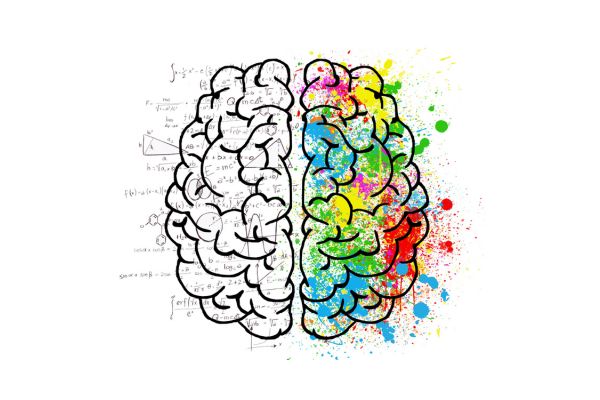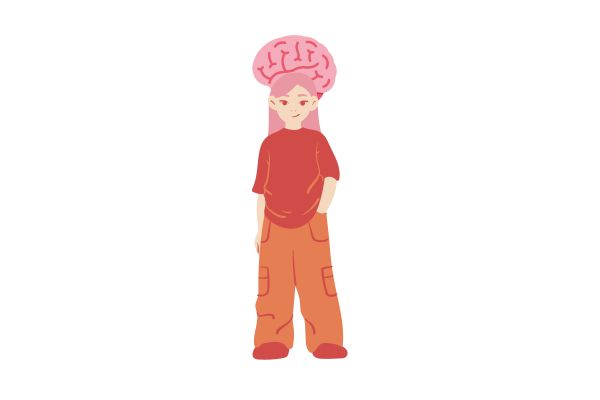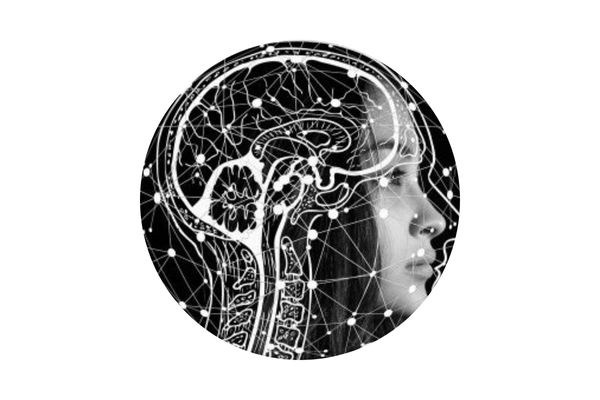Have you ever wondered why teenagers act the way they do? It turns out that the teenage years are a fascinating period of human development, full of physical, emotional, and cognitive changes. Scientists have been working hard to unlock the secrets of teenage brain development, and what they’ve discovered is truly mind-blowing. Adolescence is not just a simple transition from childhood to adulthood; it’s a critical phase during which the brain undergoes intricate transformations that shape the individual’s future. In this article, we’re going to dive deep into the complexities of teenage brain development, exploring the underlying mechanisms, key milestones, and the implications for education and parenting. Get ready to discover some incredible insights into the teenage brain!
The Dynamic Teenage Brain: A Landscape of Change

The adolescent brain is an area of active research and study, as it undergoes significant transformations during the teenage years. The prefrontal cortex, responsible for higher-order cognitive functions such as decision-making, impulse control, and social interactions, undergoes significant maturation during this developmental stage. However, this process is not linear, but rather a complex interplay of strengthening and pruning of neural connections.
The teenage brain experiences a surge in synaptic density during early puberty, followed by a period of synaptic pruning, where unnecessary connections are eliminated to streamline neural pathways. This sculpting of the brain is crucial for optimizing efficiency and enhancing cognitive abilities. Hence, teenagers may exhibit heightened creativity, emotional intensity, and susceptibility to peer influence during this period.
Understanding the dynamics of the developing adolescent brain has essential implications for educators, parents, and policymakers. It can inform the design of effective interventions and educational programs that take into account the unique needs and challenges of this developmental stage. Furthermore, it can help promote a better understanding of adolescent behavior and mental health, leading to more targeted and effective approaches to support this vulnerable population.
Hormonal Influences on Brain Development

During adolescence, hormonal changes play a critical role in shaping brain development. The onset of puberty triggers the release of sex hormones, such as estrogen and testosterone, which not only influence physical development but also impact the brain. These hormones act on various brain regions, including the amygdala, hippocampus, and prefrontal cortex, which are responsible for emotional responses, memory formation, and decision-making processes. The amygdala, a crucial component in processing emotions, undergoes heightened activity during adolescence, which can lead to intense emotional experiences. This increased emotional sensitivity, combined with the ongoing maturation of the prefrontal cortex, can result in occasional impulsivity and risk-taking behavior. Understanding the intricate interplay between hormones and brain development is crucial for comprehending the challenges and opportunities associated with adolescence.
Teenage Sleep Patterns and Cognitive Functioning

One prominent aspect of teenage brain development that often perplexes parents and educators is the shifting sleep patterns during adolescence. The circadian rhythm, responsible for regulating sleep-wake cycles, undergoes a natural shift during puberty, causing teenagers to experience a delay in the onset of sleep. This phenomenon, often referred to as “sleep phase delay,” can lead to difficulties in waking up early for school and may contribute to sleep deprivation.
Research suggests that adequate sleep is paramount for optimal cognitive functioning, memory consolidation, and emotional regulation. Teenagers, who typically require 8-10 hours of sleep per night, may face challenges in meeting these needs due to academic demands, extracurricular activities, and the influence of technology. Recognizing the importance of sleep in teenage brain development emphasizes the need for implementing strategies to support healthy sleep habits.
Educational Implications
Adolescent brain development has a significant impact on education. The traditional methods of teaching may not be suitable for the cognitive and emotional needs of teenagers. The teenage brain craves novelty, challenges, and interactive learning experiences, making it crucial for educators to understand the complexity of neurological development. By leveraging neuroplasticity, the ability of the brain to adapt and reorganize itself, educators can incorporate innovative teaching methods such as project-based learning, experiential activities, and technology integration to engage teenagers and create a positive learning environment. It is also essential to recognize the impact of sleep on cognitive functioning, highlighting the need to consider sleep-friendly policies in educational institutions and school start times.
Emotional Regulation and Social Development
During adolescence, individuals experience heightened emotional responses and develop their social skills. The prefrontal cortex’s maturation contributes to improved emotional regulation, impulse control, and the ability to consider long-term consequences. However, these abilities are still in the process of refinement, making teenagers more susceptible to emotional volatility.
Peer relationships become increasingly important during this period, as individuals seek social validation and navigate complex social dynamics. The brain’s reward system, which is particularly sensitive during adolescence, can influence decision-making, often leading teenagers to prioritize social rewards over potential risks. Understanding the social and emotional aspects of teenage brain development is crucial for parents, educators, and mental health professionals to provide appropriate support and guidance.
Parenting Strategies for Navigating the Teenage Years

Parenting teenagers can be a challenging yet rewarding experience. Recognizing the changes occurring in the teenage brain can guide parents in adopting effective strategies to support their child’s development. Open communication, empathy, and setting reasonable expectations are crucial components of successful parenting during adolescence.
Establishing a balance between autonomy and guidance allows teenagers to explore their identity while providing a safety net. Emphasizing the development of executive functions, such as planning, organization, and time management, can empower teenagers to navigate academic and personal responsibilities. Additionally, fostering a supportive and non-judgmental environment encourages teenagers to share their experiences and seek guidance when needed.
The Role of Resilience in Teenage Brain Development
Teenagers go through a lot of stress, including pressure to do well in school, conflicts with friends, and figuring out who they are. But their brains are flexible, which means they can learn to handle these challenges and become more resilient. This is important because being resilient can help them throughout their whole lives.
To help teenagers build resilience, they need to learn how to cope with stress, solve problems, and find a sense of purpose. They also need strong support from their family and friends, which can help them feel better and be more resilient. It’s really important to think about mental health and well-being when we think about how teenagers are growing up.
Conclusion
Unlocking the secrets of teenage brain development is a multifaceted journey that combines insights from neuroscience, psychology, and education. Adolescence is a period of profound transformation, characterized by dynamic changes in brain structure, hormonal influences, sleep patterns, and emotional regulation. Understanding these intricacies has far-reaching implications for education, parenting, and mental health support.
As we delve deeper into the mysteries of the teenage brain, it becomes clear that a holistic and empathetic approach is essential. By tailoring educational environments, implementing effective parenting strategies, and promoting resilience, we can support teenagers on their journey to adulthood. Ultimately, unlocking the secrets of teenage brain development empowers us to nurture the potential within each adolescent, fostering a generation that is not only intellectually capable but emotionally resilient and socially adept.





